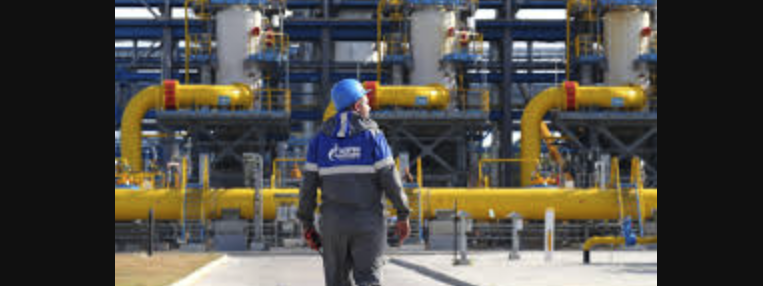Now Is Not The Time To Limit U.S. Natural Gas Exports
Americans have no idea how good we have it with respect to energy prices. Although we are suffering through the worst inflation since 1982, with higher energy prices as a component, we still enjoy much lower energy prices than our friends in Europe. American natural gas (as liquified natural gas, or LNG) is flowing toward Europe in response to their very high prices — a good business deal for U.S. companies, a counterweight to Russia’s power over European energy supply, and a gesture of good will toward our staunchest allies. Although several members of Congress are calling for limiting U.S. natural gas exports in response to inflation at home, it is a terrible idea, harmful to U.S. foreign policy and useless in lowering prices for American consumers.
Europeans are suffering through a supply crunch in natural gas, translating into extremely high prices. At its high point late in 2021, the European wholesale natural gas price was more than six times its level at the same time in the previous year. Prices have fallen a bit since then, but are still six and a half times their level in the United States. For average Europeans, this translates into very high prices for home heating and electricity and even shutdowns in some industries that rely on gas.
Curtailment in Russian gas supply is an important part of the European supply crunch. In addition to the massive military buildup on Ukraine’s border, Russia is weaponizing its natural gas supply to Europe. Pipelines carrying Russian gas generally supply around 35% of Europe’s natural gas; today that share is only 17%. Since the fall of 2021, Russia has met its contractual obligations to supply gas to Europe, but nothing more, amounting to a halving of its usual supply. Gazprom also did not fill its European storage facilities to their usual level in advance of the winter, especially in Germany, which lacks the specialized port facilities that are needed to receive LNG imports as an alternative.
Source: Brookings



Leave a Reply
Want to join the discussion?Feel free to contribute!